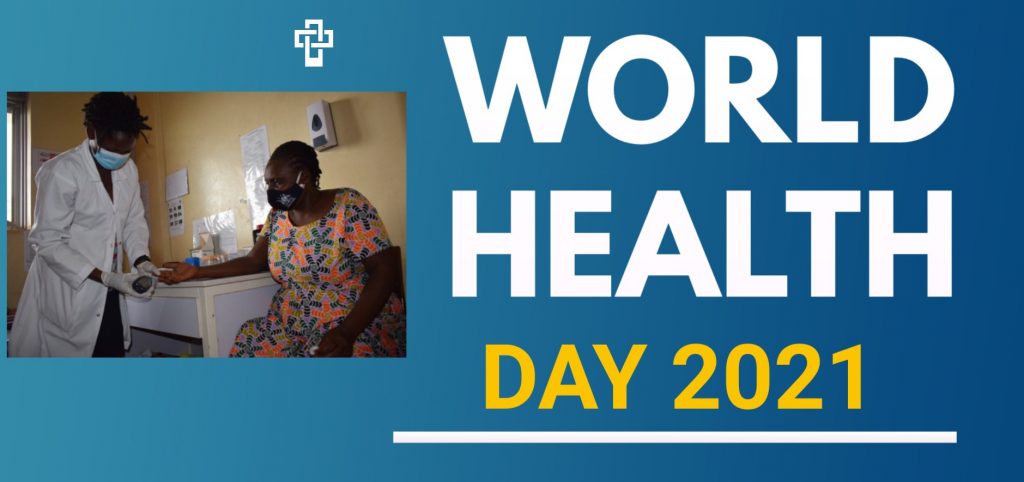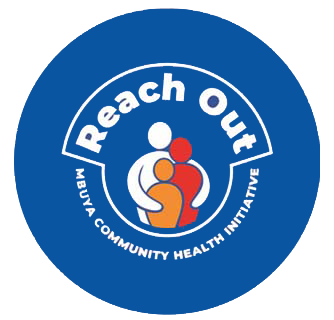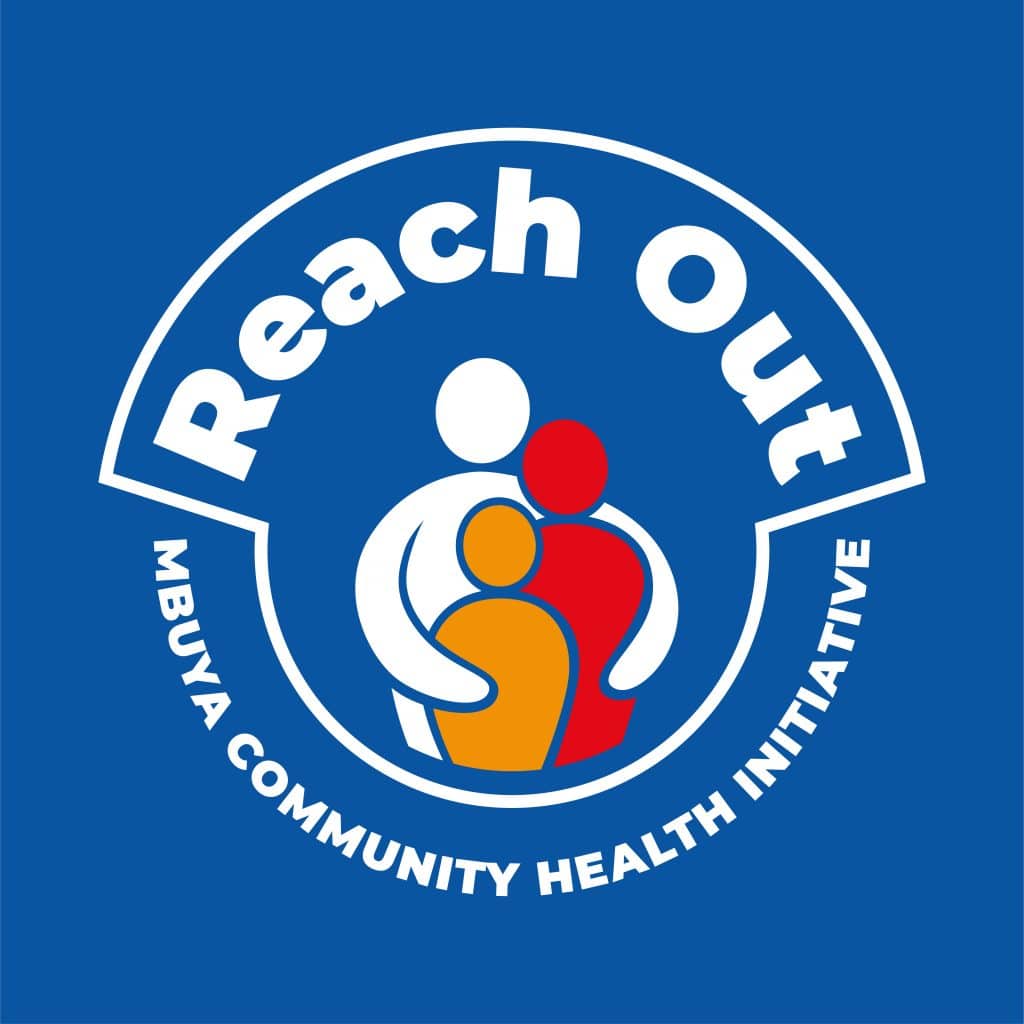
By Reach Out Mbuya Community Health Initiative
KAMPALA- Every 7th of April, Uganda joins the rest of the world in celebrating International World Health Day. This has been the trend since 1950 when the day was first marked.
Reach Out Mbuya Community Health Initiative (ROM) like other organizations that work to improve the health of Ugandans had its monthly program meeting whereby to commemorate the day whose theme this year was; “Building a fairer Healthier World” Our Staff received a health talk on Non -communicable Diseases.
Health talk was led by Dr. Prossy Namaganda a doctor with ROM who spoke about the Non- Communicable Diseases (NCD) that are on the increase in Uganda and leading to high fatalities.
Dr. Namaganda pointed out that raising awareness about the killer NCDs is vital especially as Uganda marks World Health Day.
Dr. Namaganda noted that NCDs are diseases that are not directly transmissible from one person to another. She told the participants that NCDs don’t have a specific infectious agent as a cause, but rather tend to run a chronic course.
She highlighted some of the NCDs that include: Cardiovascular diseases, Diabetes, Cancers, Liver diseases, Kidney diseases and chronic respiratory diseases like asthma.
Her talk came at a time when the nation is mourning the passing on of His Grace Dr. Cyprian Kizito Lwanga the Arch Bishop of Kampala Arch Diocese who succumbed to heart failure during Easter Weekend. He died of a heart attack caused by a blood clot.
Heart disease signs and symptoms
Dr. Namaganda said when one feels recurrent headaches, chest pain, palpitations, dizziness, numbness and tingling sensations in the hands and legs, these are signs of Cardiovascular illnesses.
She said that once one clocks the age of 45 years and above, and they start to feel signs of visual impairment, they need to check in with a doctor.
Causes
Dr. Namaganda observed that NCDs affects both male and females, especially those above 45 years. She noted that causes may vary ranging from genetics (family history), high blood pressure, obesity, lack of exercising, smoking, unhealthy diets and excess consumption intake.
Other causes of heart disease include stress, diabetes, and abnormal blood clotting.
Prevention
Prevention is the main highlight in this year’s commemoration of World Health Day. All these diseases can be prevented. World Health Organisation in its theme for 2021 insists that these illnesses faced by many today are preventable. According to Dr. Namaganda, Ugandans must adjust their lifestyle. Acts such as unhealthy diets, lack of physical activities must cease.
For those who are found already ill, taking medications at the right time is very important.
Diabetes
Another NCD that participants were informed about was diabetes. It is when the body has higher than normal blood sugar levels resulting from disruptions in the way the body uses digested food.
Signs and symptoms
A diabetic person has increased thirst (Polydipsia), urinates frequently, and feels hungry much often. Dr. Namaganda said they also face erectile dysfunction especially in men and a decreased libido among women.
Similarly, diabetic persons also have recurrent UTIs and yeast infections especially among women, as well as sores that don’t heal easily.
Cervical Cancer
This is also known as the Cancer of the cervix that is caused by the Human Papilloma Virus. It is transmitted through sexual intercourse.
Signs and symptoms
According to Namaganda, there no signs during the Pre-cancerous stage, though symptoms changes start to occur during the cancer stage.
The symptoms include abnormal P.V discharge, post-coital bleeding, pelvic pain, exhaustion, and weight loss.
Prevention
The primary prevention is to have an HPV Vaccination for girls between the ages of 10-12 years, while Secondary prevention is to just avoid risky behavior, screen and treat pre-cancerous lesions.
With the growing public health challenges in form of more infectious diseases, Non- Communicable Diseases, and other psycho-social aspects limiting our communities to live dignified lifestyles, ROM has taken on a wider role to address the broader community health challenges by taking treatment of the above mentioned Non- Communicable Diseases.
This year, as the organization celebrates 20 years since inception, and is looking forward to being of impactful service to all our clients.



